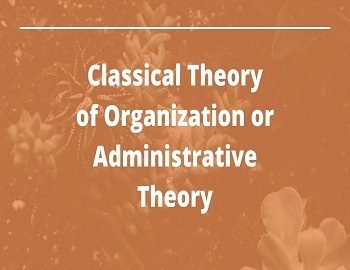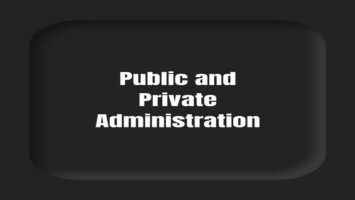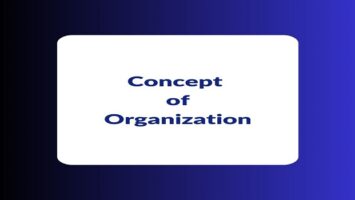Organizational Effectiveness:
In simple words, we can say Organizational Effectiveness refers to how well the purpose of an organization is achieved. Effectiveness refers to the degree and scope of the achievement of an organization’s purpose.
Several scholars have tried to give a specific definition of organizational effectiveness. Some popular definitions are as under:
(1) According to James Price, “Organizational Effectiveness is a degree of goal achievement.” In evaluating the effectiveness of an organization, first of all, its goals have to be determined and analyzed.
The goals of an organization stand divided into two parts:
(a) Official goals- are those which are published in the key documents of the organization such as charters, laws, regulations, and other official documents.
(b) Operative goals- refer to those purposes which lead to the achievement of the real purpose of an organization.
(2) According to Paul Mott, “Organizational Effectiveness means the ability of the organization to adapt itself to the changes in the environment.”
According to him, there are two factors in organizational effectiveness.
(a) Capacity and capability in getting the resources required for the organizational purpose.
(b) Capacity and capability to change according to circumstances.
(3) Chapman is of the view that “Organizational Effectiveness refers to the achievement of lower-level goals in an organization.”
(4) As against this view of Chapman, Johnson defines organizational effectiveness in terms of the achievement of the higher level goals in an organization.
On the basis of these views, it can be said that organizational effectiveness refers to the degree of achieving organizational goals. An effective organization is one which achieves its goals continuously over an indefinitely long time during the course of its operation. It has to be analyzed in terms of both the lower goals, the higher goals, official goals as well as operating goals and the capability and adaptability of the organization in changing times and during the course of its operation as a systematic arrangement for accomplishing the defined objectives, goals and targets.









Comments (No)